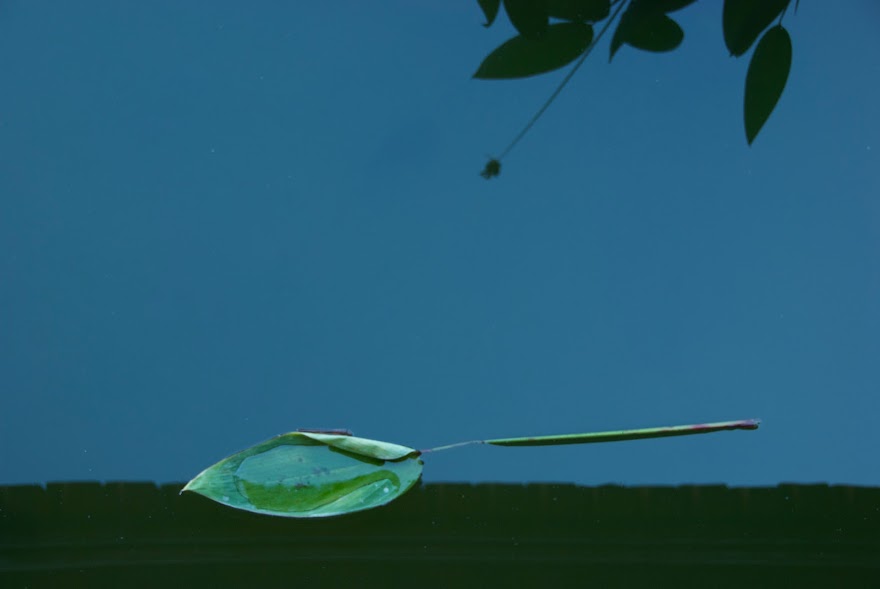One evening while we were in North Carolina, we arranged to meet friends at a restaurant in Charlotte for dinner. Carol and I were early, so we waited at the bar where I ordered a martini. They did not have the usual gins I drink, so I told the young bartender to make the drink with whatever he thought best. He did with The Botanist, a gin of which I had never heard and now enjoy greatly, perhaps even on occasion excessively.
If you google ‘The Botanist gin reviews’ you will find a lot of love. The spirit comes from of all places, Islay, the home of Laphroaig and many other fine single malt scotches, and is the creation of Bruichladdich Master Distiller, Jim McEwan, who must have gotten tired of smelling peat. The name, Botanist, comes ‘from the 22 unique Islay botanicals which have been gathered by hand from the hills and valleys which surround the distillery’. These are used in addition to those standard in gin. I do not like floral or sweet drinks, and The Botanist is not one, though the native botanicals do give the spirit a unique flavor.
The Botanist is very smooth. It can be sipped straight without ice. I have done so. But of course Englishmen in the Tropics and lone voyagers have long drunk gin without ice. The Botanist, however, is truly enjoyable that way. One reviewer said that it might be the best unaged spirit he has ever tasted. I agree.
I’ve never been to Islay (if interested, here is the proper pronunciation). Carol and I came close while driving through Scotland twenty years ago, but the ferry connections didn’t work for us. Given time I’ll make the pilgrimage to see the home of Laphroaig and all those other fine single malts. And now The Botanist, too.
———
John Gorka sings in ‘Ignorance and Privilege’,
“If the wind is at your back
and you never turn around
You may never know the wind is there
You may never hear the sound.”
I thought of this because we, all of us in every country, live in a poisoned atmosphere, not just of chemicals but words, and most never get outside that atmosphere and so never know it has surrounded them all their lives. I’ve never felt the difference more than returning to America this time from the monastery of the sea, though perhaps that was only because I flew in on election day when the Internet and television were infested even more than usual with politicians.
Almost all advertising is deception and/or lies. So are the self-serving pronouncements of politicians. News readers speak rapidly to raise excitement and dramatically emphasize words intended to increase fear. Sports are hyped. And hyped. And hyped. Which is why I often watch sports with the sound turned off and music turned on. The mere event is not enough. Gross exaggeration has become the norm and is expected. There is no room for simple truth.
Hyperbole is the best known of the figures of rhetoric discussed by Mark Forsyth in ELEMENTS OF ELOQUENCE, which I just finished and enjoyed.
Not all hyperbole is evil. Some is amusing. If politically incorrect in an Age of Obesity.
On being told that a neighbor was going to marry a woman of size, Sydney Smith 1771-1845, replied:
Marry her! Impossible! You mean a part of her; he could not marry her all himself. It would be a case not of bigamy, but trigamy; the neighborhood or the magistrates should interfere. There is enough of her to furnish wives for a whole parish. One man marry her!—it is monstrous. You might people a colony with her; or give an assembly with her; or perhaps take your morning walk around her, always provided there were frequent resting places, and you were in good health. I once was rash enough to try walking around her before breakfast, but only got half way, and gave it up exhausted. Or you might read the Riot Act and disperse her. In short, you might do anything with her but marry her.

.jpg)